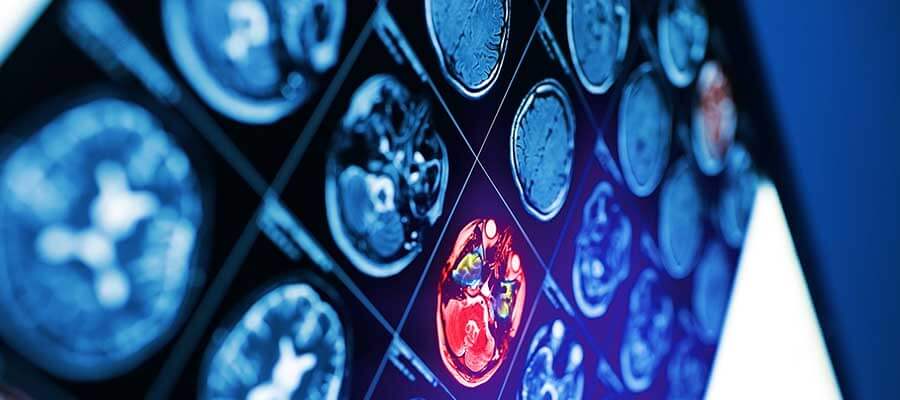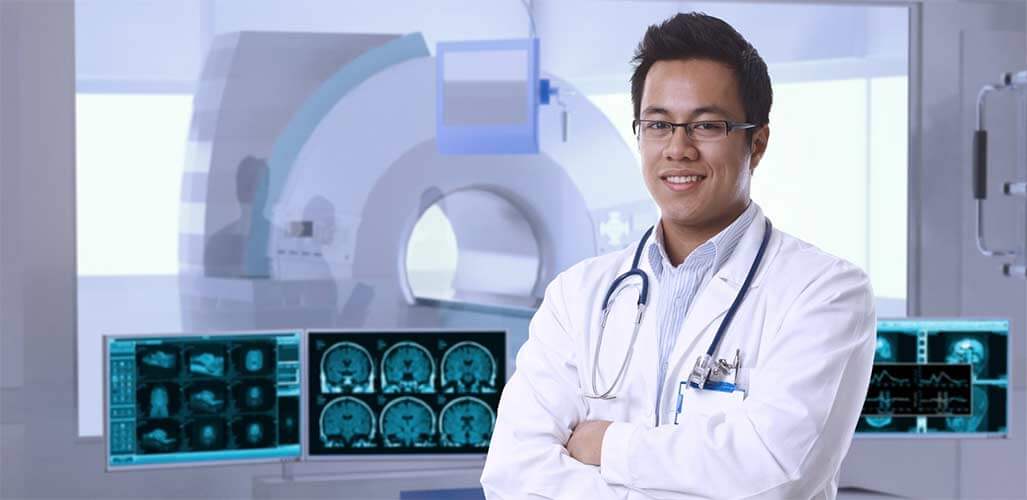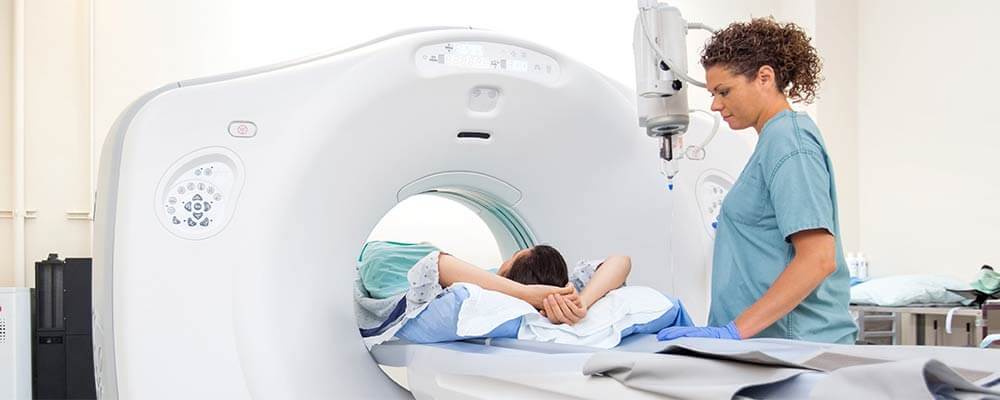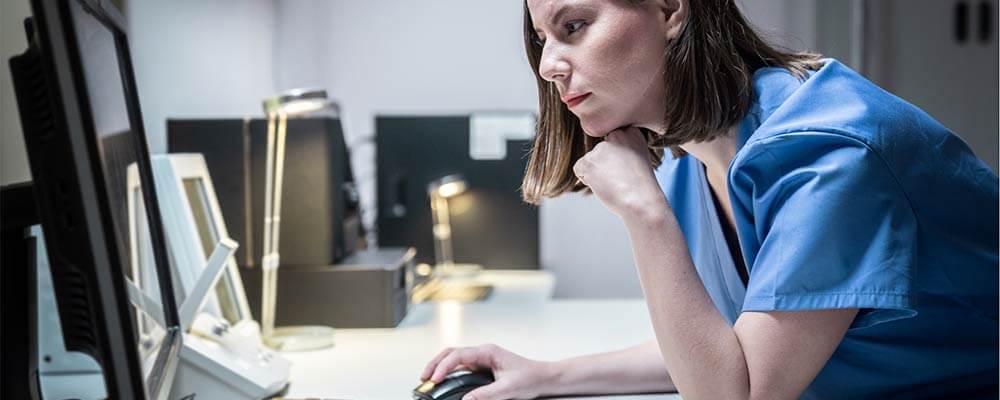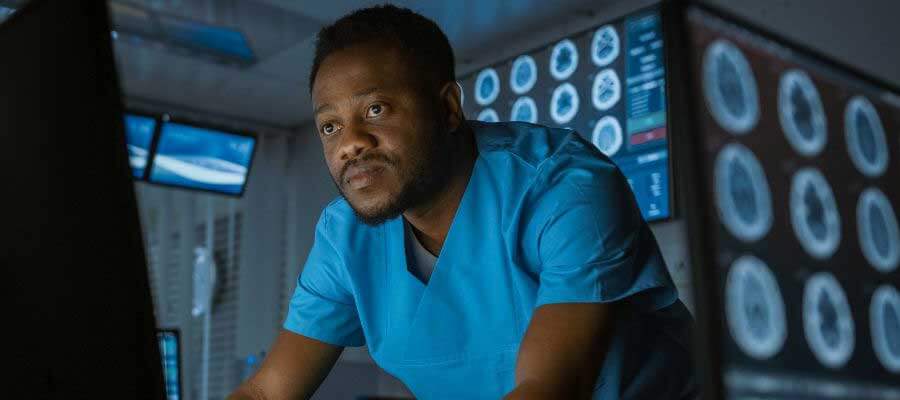Becoming an MRI technologist isn’t just about learning how to operate a machine. It’s about stepping into a role where technology, patient care, and teamwork all come together. Through an accredited MRI program, students build the technical knowledge and the people skills required to support patients during one of the most important steps in their healthcare journey. MRI techs are the ones who position patients, communicate with doctors, and make sure the scans are accurate. By the time you graduate, you’ll be more than just a machine operator—you’ll be a trusted part of the medical team.
MRI programs are designed to prepare you for every aspect of the job. Yes, you’ll learn how the machines function, how to troubleshoot small issues, and how to capture the clearest possible images. But the training goes much further. You’ll also study anatomy and physiology so you know exactly what you’re scanning and why it matters. You’ll learn the importance of patient positioning and the protocols that must be followed to ensure reliable results. And because healthcare is about people as much as it is about technology, these programs emphasize patient care—helping you develop the calm, reassuring presence that puts patients at ease.
The Skills That Set MRI Techs Apart
One of the most valuable lessons from any MRI program is that technical ability alone isn’t enough. Successful MRI technologists are those who combine precision with compassion. Imagine working with a patient who is claustrophobic or anxious about the results of their scan. It’s your job to make sure they feel safe and informed. Programs teach you how to walk patients through the process, explain what will happen step by step, and answer questions in a way that builds trust.
On the technical side, accuracy is everything. MRI techs must follow physician instructions closely to capture the right images the first time. Programs drill this into students, ensuring that they not only understand imaging protocols but can also apply them under pressure. Patient positioning is another skill that takes practice—one small adjustment can change the clarity of a scan, and the training gives you plenty of hands-on experience to get it right.
Clinical hours are where all of these skills come together. During this phase of training, students step into real hospitals or imaging centers to apply what they’ve learned. These hours are often the most transformative part of the program. You begin to see how theory translates into practice, working alongside healthcare teams and handling situations that simply can’t be replicated in a classroom. This balance of technical expertise and interpersonal care is what makes MRI technologists such vital members of the healthcare system.
Preparing for a Career in MRI Technology
Completing an MRI program is the first step, but your education doesn’t stop there. Most employers prefer or require certification through the ARRT or ARMRIT, both of which involve meeting educational requirements and passing an exam. Certification demonstrates to employers that you’ve achieved a nationally recognized standard of competence and ethics, which not only improves your job prospects but also gives patients confidence in your abilities.
The effort is worth it. MRI technologists enjoy strong job security, competitive pay, and steady demand. As more hospitals and diagnostic centers rely on imaging to diagnose and treat patients, the need for qualified technologists continues to grow. Beyond entry-level positions, there are opportunities to specialize in advanced imaging techniques, move into supervisory roles, or even teach the next generation of technologists.
At the heart of it all, this is a career that blends cutting-edge technology with human connection. By completing an MRI program, you’ll be prepared for a role that offers not only stability and professional growth but also the personal satisfaction of helping patients when they need it most.
If you’re ready to begin your journey, consider enrolling in MRI programs through Pulse Radiology Institute. With flexible options and clinical partnerships, we’ll help you take the first step toward a career that makes a real difference.

